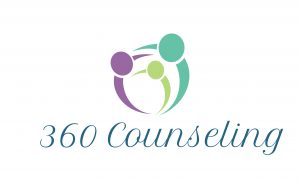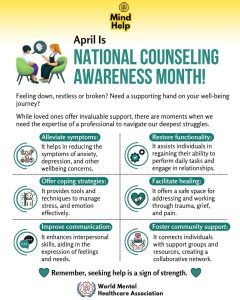The Essential Role of Self-Care in Enhancing Mental Health
In today’s fast-paced world, the concept of self-care has gained significant attention. More than just a trendy buzzword, self-care is a critical practice that profoundly impacts mental health. By understanding its importance and integrating effective self-care routines into daily life, individuals can achieve a balanced and healthier mental state. What is Self-Care? Self-care refers to […]











